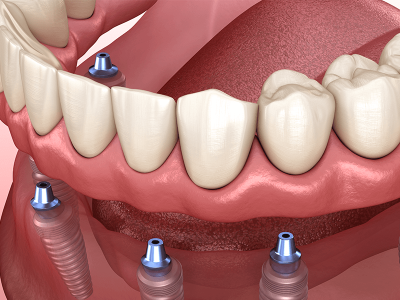If you’re contemplating Lipo 360 for refining your midsection but have uncertainties or queries regarding the process, you’re in good company. Numerous individuals are captivated by the promise of this burgeoning liposuction method to craft a streamlined, well-defined waistline but seek further insights before making a decision.
1. What exactly is lipo 360?
Lipo 360 is a specific liposuction technique that removes fat from the entire midsection, including the abdomen, waist, hips, and back. The goal is to slim and reshape the area for a more sculpted look from every angle – hence the “360” in the name. Lipo 360 is an excellent option for people with stubborn fat accumulations in multiple midsection areas that they want to address in a single procedure. It is beneficial for improving the appearance of “love handles” on the sides and back.
2. How is lipo 360 different from regular liposuction?
The main difference between Lipo 360 and traditional liposuction is the procedure’s scope. Regular lipo typically focuses on one specific area, such as the lower abdomen. Lipo 360 is more comprehensive, targeting fat in multiple places for dramatic transformation. In terms of the procedure itself, lipo 360 is performed in the same manner as regular lipo. However, a skilled surgeon will take a more holistic approach, removing fat strategically and using techniques like etching to create a 3D effect.
3. Will lipo 360 help me lose weight?
Like any form of liposuction, lipo 360 is a body contouring procedure, not a weight loss solution. It’s designed to remove diet and exercise-resistant fat to improve your shape, but most patients only lose a few pounds of actual weight. The ideal candidate is generally within 30 pounds of their target weight and is already committed to a healthy lifestyle. If you have significant excess weight to lose, your surgeon will likely recommend slimming down further before considering Lipo 360.
4. What happens during a lipo 360 procedure?
Lipo 360 is usually performed under general anaesthesia or deep sedation, so you’ll be asleep and comfortable during the procedure. The surgeon will inject a solution into the treatment areas that helps break up the fat and control bleeding. Then, they will make tiny incisions near the target areas, inserting a thin cannula tube. The cannula is moved back and forth to loosen fat cells, which are suctioned out using a surgical vacuum. Once the desired amount of fat is removed, the incisions are closed, and you’ll be taken to a recovery room to wake up.
5. Is lipo 360 painful?
You won’t feel any pain during the lipo 360 surgery thanks to anaesthesia. Afterwards, you expect mild to moderate soreness, swelling, and bruising, managed with prescribed pain medication. Most patients control discomfort with over-the-counter options like acetaminophen within a few days. Because Lipo 360 treats a larger area, you may have more soreness than a more localized lipo procedure. However, many patients say the pain is tolerable and feel the results are worth a few days of discomfort.
6. How long does it take to recover from lipo 360?
Recovery time after Lipo 360 varies from patient to patient, but most people take about 1-2 weeks off from work and other everyday activities. You’ll need to rest and take it easy during this initial period, but you will likely be able to resume light daily tasks after a few days. You will have some swelling for several weeks after lipo360 plastic surgeon and will need to wear a unique compression garment to help control it. While you’ll notice some positive changes immediately, it takes about three months to see your final Lipo 360 results once all residual swelling has resolved.













Comments